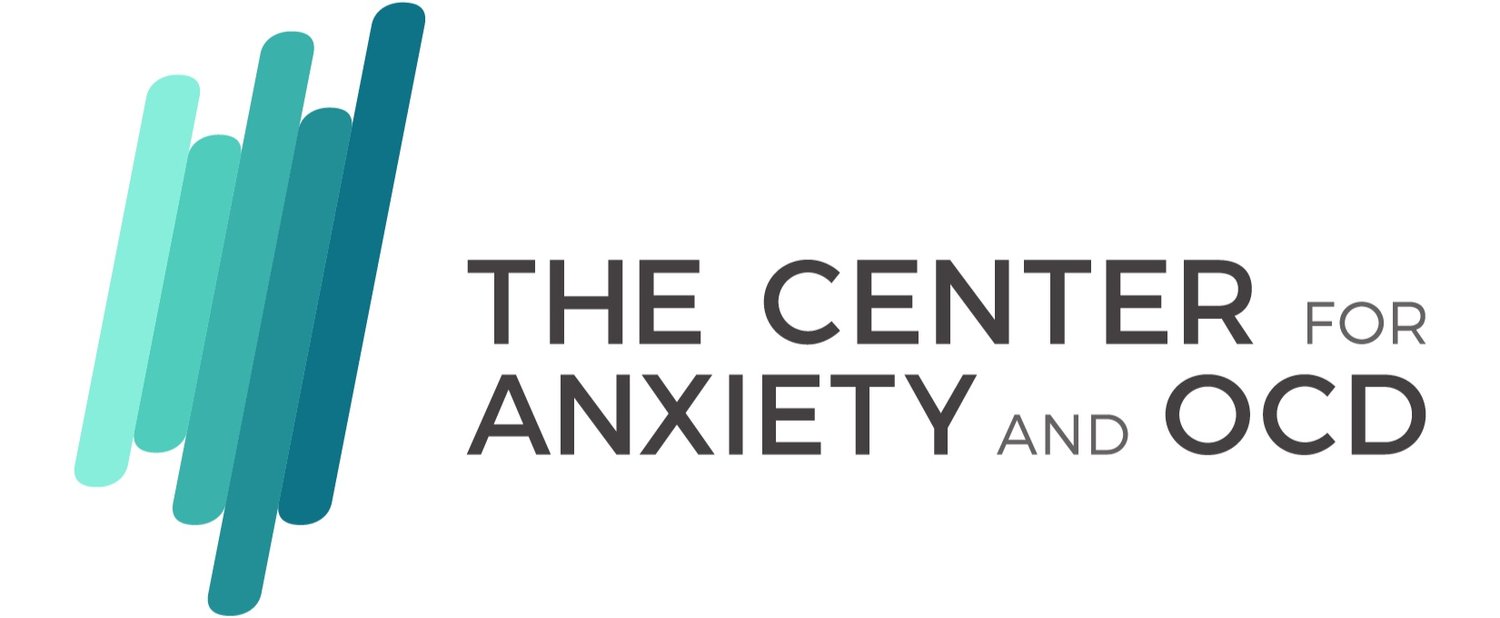If Feelings Aren’t Facts, Then What Should I Listen To?
Knowing your values is one of the most important keys to recovery.
That's because while feelings change day to day or even hour to hour, what we value stays consistent. Identifying a core value like courage, loyalty or integrity offers us a roadmap to making good choices even when our emotions feel muddled, as they so often do when living with anxiety and OCD.
But what even are values, and how do we identify the ones that matter most to us?
Here are some key tips to figure out what your values are, once and for all.
Know the difference between a value and a goal
To put it simply, the difference between values and goals is that values cannot be crossed off a list. They are overarching directions that we move towards, and are not attainable by conquering a task.
For example: Love is a value, getting married is a goal. Knowledge is a value, while graduating high school is a goal.
Values provide general direction rather than a defined set of concrete steps, and when we live in line with our values, we gain flexibility in the path towards contentment. Focusing on finding love without necessarily needing to get married, for example, increases our options. When we focus on love as a value we are more likely to feel it all around us, even if it's not exactly through the goal we originally had in mind.
Remove the judgment of "good" or "bad" values
When identifying your values, remember there are no bad values and good values. Rather, everyone has a different value set that is informed by culture, environment, family, religion, and the society in which they were raised. Choosing the values you think you are supposed to have rather than the values you resonate with most is only going to do you a disservice when trying to focus on working towards your values.
Define your top values
Check out this list of value words and their definitions compiled by ACT expert and values enthusiast Russ Harris to see which resonate most with you. As you explore the list, reflect on why the values you're drawn towards feel important. Also ask yourself, "Is this a value that was given to me, or one I am consciously choosing?" Feel free to update your value list as often as you like, so it accurately reflects who you would like to become.
Align your life choices around your values
Once you have identified your core values, you are ready to put them into action. Now you can align your goals so they serve your values- not the other way around.
If, for example, one of your values is beauty, the next step would be to think of ways to incorporate that value into our lived experience. This could be a goal of spending one hour per week in nature, making note of one beautiful thing you noticed each day, or listening to a piece of music that brings you a sense of beauty and peace.
Living in line with your values even when you don't feel like it allows you a path forward. It allows you to dip beneath the avoidance, doubt and resistance anxiety serves us and choose instead a life of our own making. When we live a values-based life, we are set free from the demands of our anxiety.
That, is true freedom.

